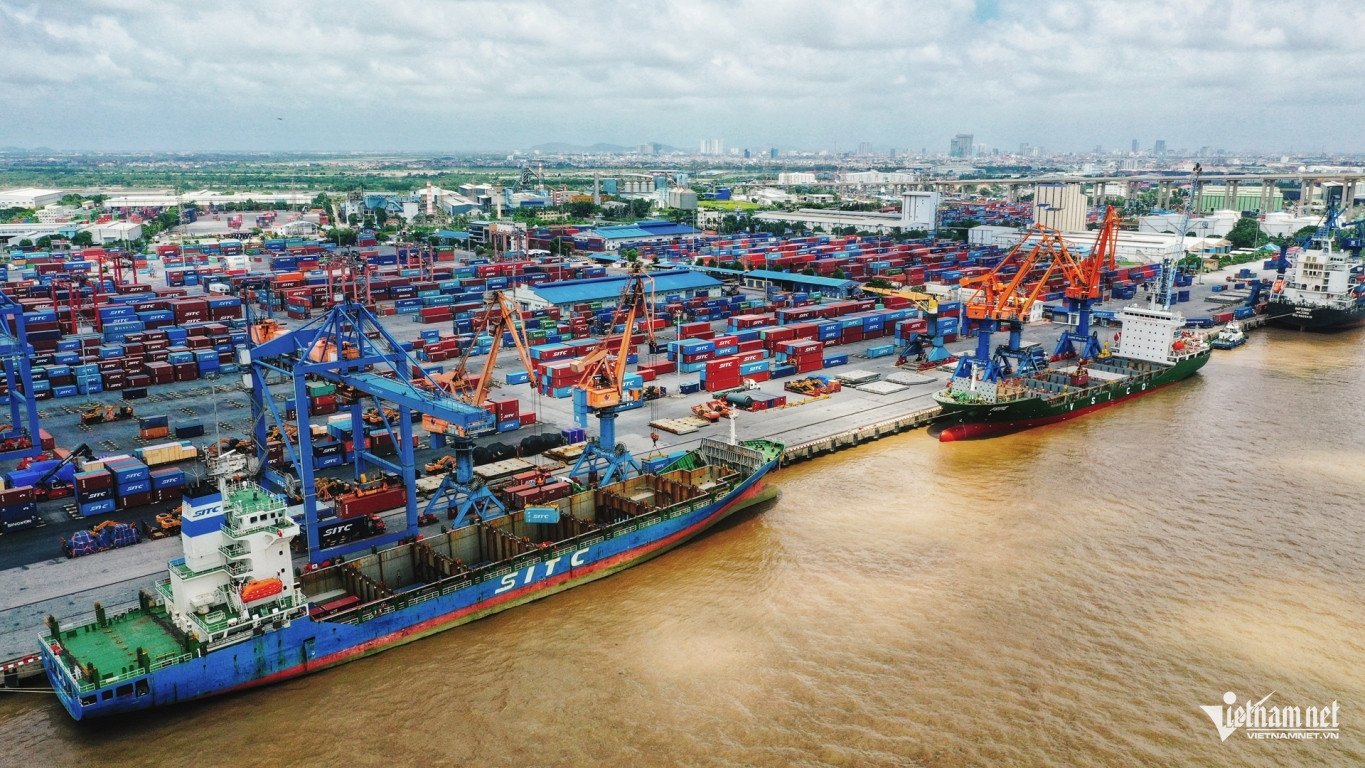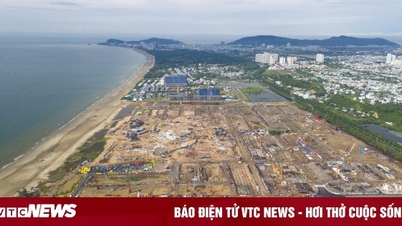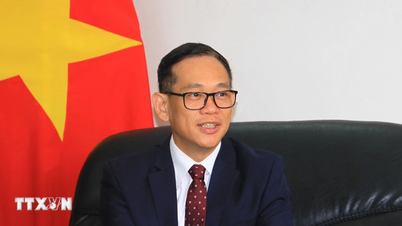The Ministry of Finance is seeking comments on the draft Investment Law (amended and replaced), which is expected to be submitted to the National Assembly at the 10th session (October 2025). Based on the summary of implementation practices, the drafting agency believes that amending and supplementing the Investment Law is necessary. One of the amended policies is the regulation on conditional investment and business sectors.
According to the submission, the list of conditional investment and business sectors stipulated in Appendix IV of the Investment Law 2014 includes 267 sectors and occupations. Currently, according to the provisions of the Investment Law 2020 (amended and supplemented by Law No. 90/2025/QH15), the number of conditional investment and business sectors has been reduced to 237 sectors and occupations.
Some conditions such as requirements for planning compliance, having a business plan or capital requirements have been reduced, creating more favorable conditions for businesses to participate in the market.

However, according to the Ministry of Finance, this reduction is not substantial, mainly in the form of combining names or using industry names with a wide scope of regulation. Many fields still apply the "pre-inspection" mechanism (must apply for a license to do business) even though it is not necessary, such as building new, repairing and restoring inland waterway vehicles or producing helmets. This limits business freedom and creates barriers to market entry.
Some new industries that pose potential risks to security, order, and public health are not regulated as conditional investment and business industries, making management activities of state agencies difficult, such as personal data sharing platforms or deepfake technology.
Propose 3 amendment options
The Ministry of Finance proposed three options to amend regulations on conditional investment and business sectors.
Option 1: The Law only stipulates the principle of determining conditional investment and business sectors and professions as sectors and professions in which the implementation of investment and business activities in those sectors and professions must satisfy necessary conditions for reasons of national defense, security, social order and safety, social ethics, and public health.
The Government is assigned to prescribe the list of conditional investment and business sectors and occupations.
The principle is that specialized laws are not allowed to regulate conditional investment and business sectors and professions, and are only regulated in the Investment Law or decrees guiding the Investment Law to ensure consistent implementation of regulations on restricting investors' business rights.
Review and propose to abolish unnecessary and unreasonable industries and occupations that hinder production and business activities. Switch from pre-inspection to post-inspection. At the same time, abolish industries, occupations and/or investment and business conditions that can be managed by technical standards and regulations such as: Business services of building, converting, repairing, and restoring inland waterway vehicles and ships; business services of accounting...
Option 2: Maintain the current regulations on the principles of determining conditional investment and business sectors and the list of conditional investment and business sectors in the Investment Law. Review, amend and supplement the list of conditional investment and business sectors in the direction of proposing to abolish unnecessary sectors and business sectors that do not meet the principles of determining investment and business conditions as prescribed in Article 7 of the Investment Law.
Option 3: Keep current regulations.
Of the three options, the Ministry of Finance recommends choosing option 1.
The reason is that in Conclusion No. 119, the Politburo has directed the direction of innovation and improvement of the law-making process. Accordingly, the provisions in the law need to be stable and have long-term value; only regulating framework issues and principles under the authority of the National Assembly. Practical issues that frequently change will be assigned to the Government, ministries, branches and localities to regulate. In addition, the basic law does not regulate administrative procedures, procedures and records, but is assigned to the Government and ministries to promulgate according to their authority.
Therefore, it is necessary to perfect the principles of determining business investment conditions in the direction that the Law only stipulates the principles of determining business investment conditions; assigning the Government to stipulate the list of conditional business investment industries and professions.
At the same time, the amendment of regulations on the list of conditional business lines and occupations should be in the direction of abolishing unnecessary and unreasonable business lines and occupations; shifting from the "pre-inspection" mechanism to the "post-inspection". Business lines, occupations or investment conditions that can be managed by technical standards and regulations will be removed from the list, in order to improve the investment and business environment and ensure the freedom of business of enterprises.
If options 2 and 3 are chosen, the Ministry of Finance believes that existing problems will not be solved.

Source: https://vietnamnet.vn/dich-vu-ke-toan-dong-tau-co-the-duoc-go-bo-khoi-vong-xin-phep-2431441.html






![[Photo] General Secretary To Lam receives Vice President of Luxshare-ICT Group (China)](https://vphoto.vietnam.vn/thumb/1200x675/vietnam/resource/IMAGE/2025/11/15/1763211137119_a1-bnd-7809-8939-jpg.webp)
![[Photo] Prime Minister Pham Minh Chinh meets with representatives of outstanding teachers](https://vphoto.vietnam.vn/thumb/1200x675/vietnam/resource/IMAGE/2025/11/15/1763215934276_dsc-0578-jpg.webp)









































































































Comment (0)